Jolt through the Future with These Top 10 Electric Cars!
As an environmentalist, I have had the opportunity to assist many people in finding the perfect car for their needs. Recently, I have noticed an increased interest in electric cars. Many people are now considering electric cars as a viable option for their daily commute. In this article, I will provide you with all the information you need to know about electric cars and help you choose the perfect electric car for your needs.
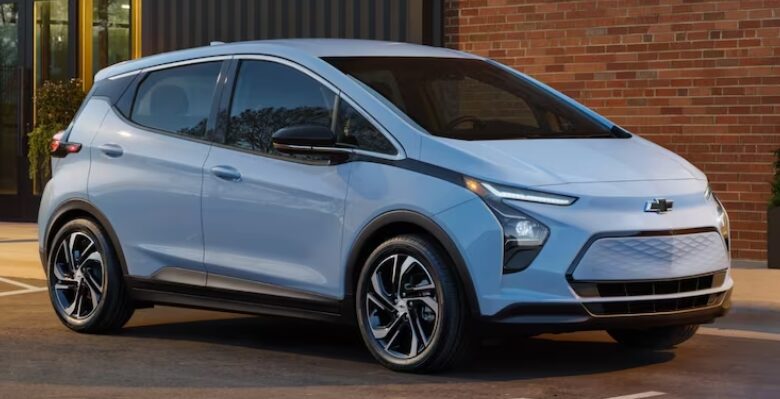
Electric cars are vehicles that are powered by an electric motor instead of a traditional gasoline engine. These cars use rechargeable batteries to power the motor. Electric cars are becoming more popular due to their environmental benefits. They do not emit harmful pollutants and are more energy-efficient than traditional cars. As a result, electric cars are becoming a popular choice for people who want to reduce their carbon footprint and save money on fuel costs.
Benefits of Electric Cars
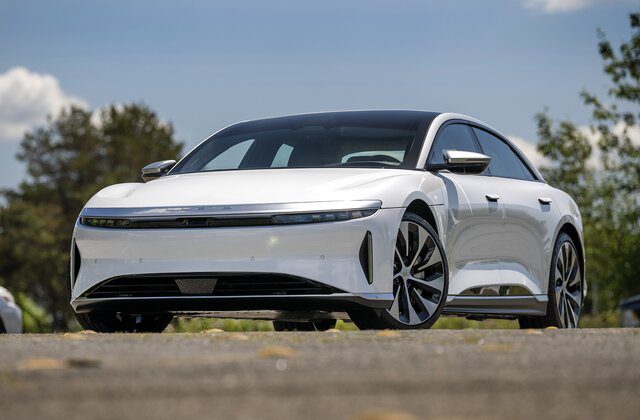
There are many benefits to owning an electric car. The first and most obvious benefit is environmental. Electric cars do not emit harmful pollutants, making them a more eco-friendly choice. They also require less energy to operate, reducing the overall demand for fossil fuels. Moreover, electric cars are cheaper to operate than traditional cars. They require less maintenance and are cheaper to fuel. Electric cars also offer a quieter and smoother ride, making them a more comfortable and enjoyable driving experience.
Factors to Consider When Choosing an Electric Car
When choosing an electric car, there are several factors to consider. The first factor is range. The range of an electric car refers to the distance it can travel on a single charge. It is important to choose an electric car with a range that meets your daily driving needs. The second factor to consider is charging time. Some electric cars take longer to charge than others. It is important to choose an electric car with a charging time that works for your lifestyle. The third factor to consider is price. Electric cars can be more expensive than traditional cars. It is important to choose an electric car that fits your budget.
Top 10 Electric Cars – Features and Specifications
Tesla Model S
The Tesla Model S is one of the most popular electric cars on the market. It has a range of up to 402 miles on a single charge and can go from 0 to 60 mph in just 2.4 seconds. The Tesla Model S also has a luxurious interior and a sleek design.
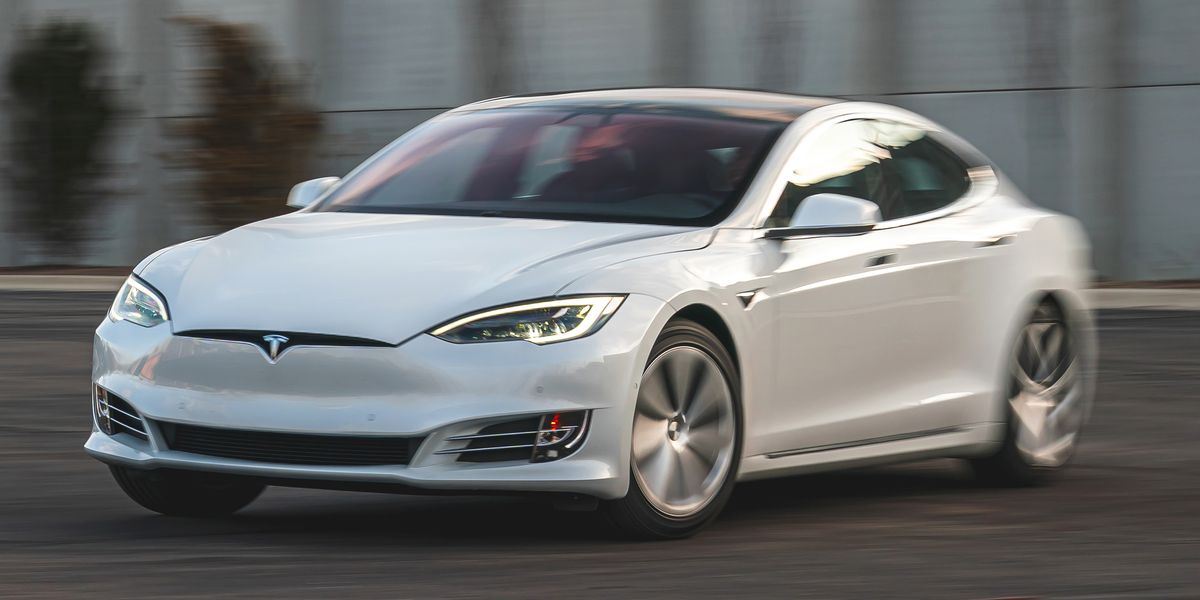
Chevrolet Bolt EV
The Chevrolet Bolt EV has a range of up to 259 miles on a single charge and can go from 0 to 60 mph in just 6.5 seconds. It also has a spacious interior and a user-friendly infotainment system.
Nissan Leaf
The Nissan Leaf has a range of up to 226 miles on a single charge and can go from 0 to 60 mph in just 7.7 seconds. It also has a comfortable and spacious interior, making it an ideal family car.
BMW i3
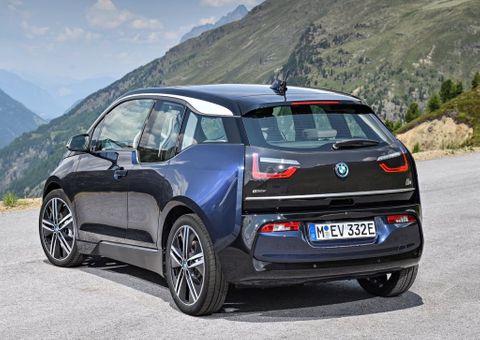
The BMW i3 has a range of up to 153 miles on a single charge and can go from 0 to 60 mph in just 6.8 seconds. It also has a unique design and a high-tech interior.
Hyundai Kona Electric
The Hyundai Kona Electric has a range of up to 258 miles on a single charge and can go from 0 to 60 mph in just 7.6 seconds. It also has a spacious interior and a user-friendly infotainment system.
Rivian R1T
The Rivian R1T is an electric pickup truck with a range of up to 400 miles on a single charge. It can also tow up to 11,000 pounds and has a unique design.
Porsche Taycan
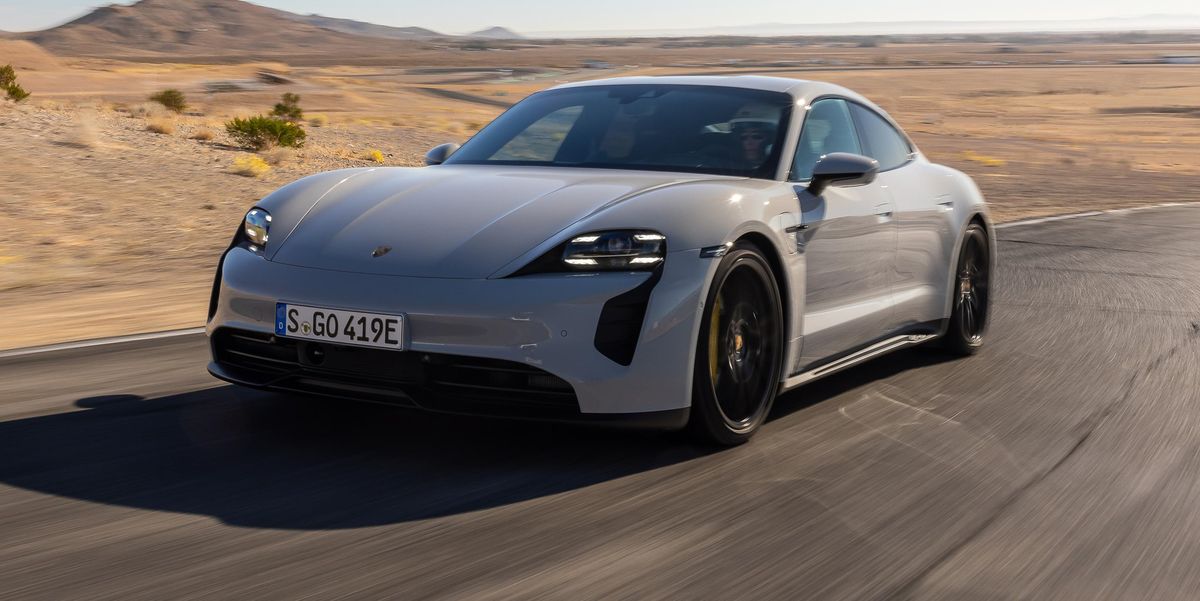
The Porsche Taycan can go from 0 to 60 mph in just 2.6 seconds and has a range of up to 227 miles on a single charge. It also has a luxurious interior and a sporty design.
Audi e-tron
The Audi e-tron has a range of up to 222 miles on a single charge and can go from 0 to 60 mph in just 5.5 seconds. It also has a spacious and luxurious interior.
Ford Mustang Mach-E
The Ford Mustang Mach-E has a range of up to 300 miles on a single charge and can go from 0 to 60 mph in just 3.5 seconds. It also has a sporty exterior and a high-tech interior.
Kia Niro EV
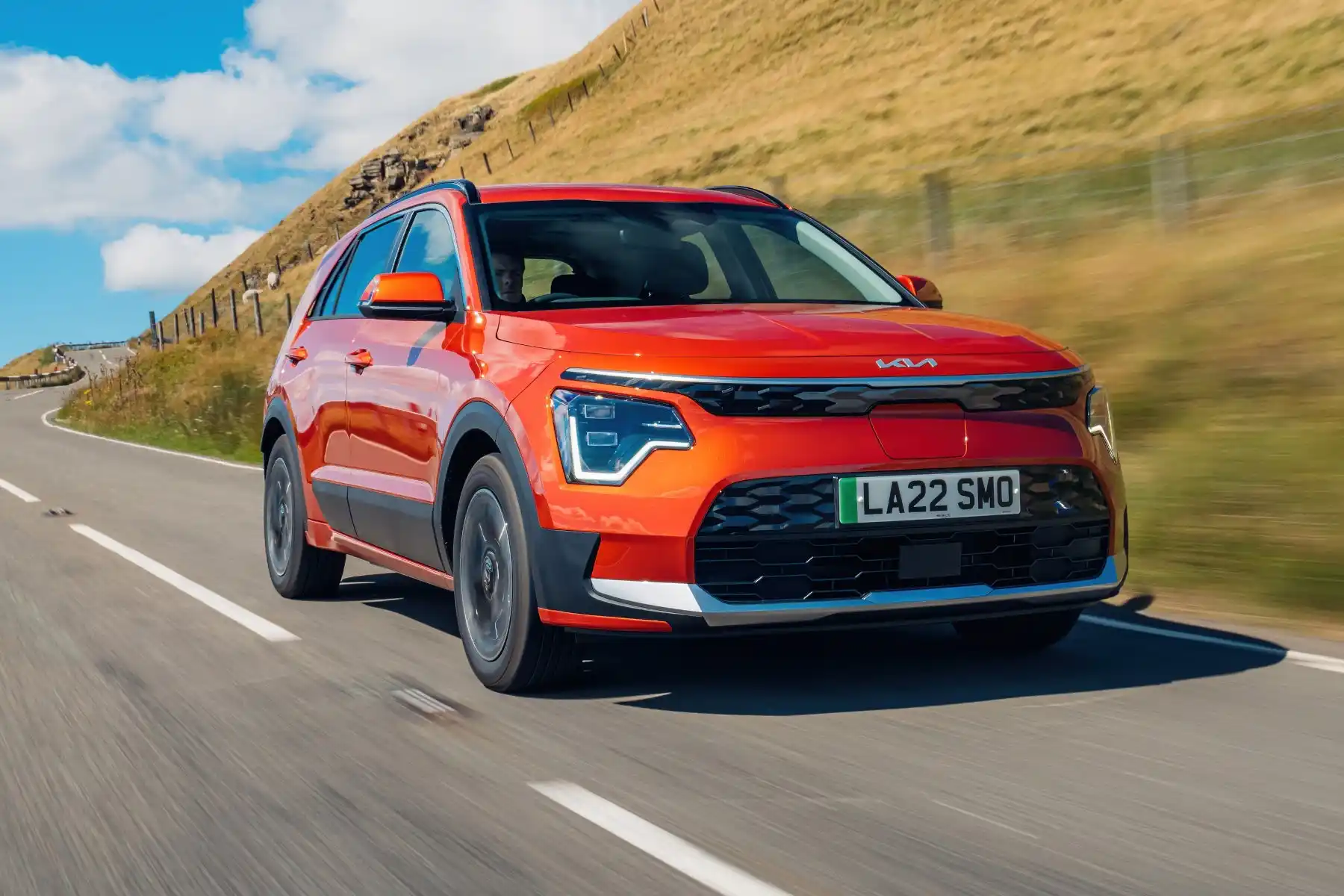
The Kia Niro EV ranges up to 239 miles on a single charge and can go from 0 to 60 mph in just 6.5 seconds. It also has a spacious interior and a user-friendly infotainment system.
Conclusion
Electric cars are becoming more popular due to their many benefits. They are environmentally friendly, cost-effective, and offer a more comfortable driving experience. When choosing an electric car, it is important to consider factors such as range, charging time, and price. The top 10 electric cars on the market offer a range of features and specifications to meet your needs. Whether you are looking for a luxurious sedan or a practical family car, there is an electric car. So, jolt through the future with one of these top 10 electric cars!
Electric Cars FAQs
What are 3 disadvantages to an electric car?
Here are three disadvantages of electric cars:
- Limited driving range: Electric cars typically have a limited driving range compared to conventional gasoline or diesel vehicles. While the range has improved in recent years, most electric cars still need to be recharged after traveling a certain distance, which can be inconvenient on long trips or in areas with limited charging infrastructure.
- Longer refueling/recharging time: Electric cars take longer to recharge compared to refueling a conventional vehicle with gasoline or diesel. Even with fast-charging options, it still takes considerably more time to recharge an electric car’s battery compared to filling up a tank with fuel. This can be an issue for individuals who are accustomed to the quick refueling times of traditional vehicles.
- Higher upfront cost: Electric cars tend to have a higher upfront cost compared to their gasoline or diesel counterparts. The cost of electric vehicle (EV) technology, including batteries and electric drivetrains, is still relatively expensive. Although the prices have been decreasing over time, the initial purchase price of an electric car can be a deterrent for some consumers, even with potential long-term savings on fuel and maintenance costs.
How long do electric car batteries last?
The lifespan of electric car batteries can vary depending on several factors, including the type of battery, usage patterns, and environmental conditions. On average, modern electric car batteries are designed to last between 8 to 15 years, or approximately 100,000 to 200,000 miles (160,000 to 320,000 kilometers) before they degrade and require replacement.
It’s important to note that the capacity of the battery gradually decreases over time, which affects the vehicle’s driving range. This degradation is known as “battery capacity fade.” However, even after the battery capacity has declined, it can still be used effectively for many more years.
Manufacturers typically provide warranties for electric vehicle (EV) batteries, which often cover a certain number of years or miles. These warranties can offer assurance to consumers regarding the expected lifespan of the battery.
To maximize the lifespan of an electric car battery, it is advisable to follow recommended charging practices, avoid frequent deep discharges, and minimize exposure to extreme temperatures. Additionally, advancements in battery technology and ongoing research are continuously improving battery longevity and overall performance.




